Shakespeare Expressed
Shakespeare and the Stage
The Fairleigh Dickinson University Press Series on Shakespeare and the Stage publishes scholarly works on the theatrical dimensions of the plays of Shakespeare and his contemporaries. Both individual studies and collections of previously unpublished essays are welcome.
Series Editors: Peter Kanelos (Valparaiso University, ).
Proposals may be directed to the series editors and to Harry Keyishian, Director of Fairleigh Dickinson University Press, at .
Related Publications
Thunder at a Playhouse: Essaying Shakespeare and the Early Modern Stage, edited by Peter Kanelos and Matt Kozusko. Selinsgrove, PA: Susquehanna University Press, 2010.
Inside Shakespeare: Essays on the Blackfriars Stage by Paul Menzer. Selinsgrove, PA: Susquehanna University Press, 2006.
Shakespeare Expressed
Page, Stage, and Classroom in
Shakespeare and His Contemporaries
Edited by Kathryn M. Moncrief,
Kathryn R. McPherson, Sarah Enloe
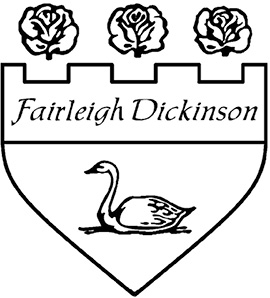
FAIRLEIGH DICKINSON UNIVERSITY PRESS
Madison Teaneck
Published by Fairleigh Dickinson University Press
Co-published with The Rowman & Littlefield Publishing Group, Inc.
4501 Forbes Boulevard, Suite 200, Lanham, Maryland 20706
www.rowman.com
10 Thornbury Road, Plymouth PL6 7PP, United Kingdom
Copyright 2013 by Rowman & Littlefield Publishers, Inc.
All rights reserved . No part of this book may be reproduced in any form or by any electronic or mechanical means, including information storage and retrieval systems, without written permission from the publisher, except by a reviewer who may quote passages in a review.
British Library Cataloguing in Publication Information Available
Library of Congress Cataloging-in-Publication Data
Shakespeare expressed : page, stage, and classroom in Shakespeare and his contemporaries / edited by Kathryn M. Moncrief, Kathryn R. McPherson, Sarah Enloe.
pages cm. (Shakespeare and the Stage)
ISBN 978-1-61147-560-9 (cloth : alk. paper)ISBN 978-1-61147-561-6 (ebook) 1. Shakespeare, William, 15641616Study and teaching. 2. Shakespeare, William, 15641616Dramatic production. 3. English dramaEarly modern and Elizabethan, 15001600History and criticism. I. Moncrief, Kathryn M. II. McPherson, Kathryn Read. III. Enloe, Sarah.
PR2987.S465 2013
822.3'3dc23
2013018447
 The paper used in this publication meets the minimum requirements of
The paper used in this publication meets the minimum requirements of
American National Standard for Information SciencesPermanence of Paper
for Printed Library Materials, ANSI/NISO Z39.48-1992.
Printed in the United States of America

Acknowledgements
Kathryn M. Moncrief acknowledges the generous support for this project she has received from Washington College in the form of Faculty Enhancement Funds, which supported research and travel related to the production of this book. She is grateful for the assistance of Reilly Cox, who worked on formatting the typescript. As always, she is deeply appreciative of the scholarly partnership and friendship of Kate McPherson. Who knew, when we met as graduate students over tea at the Folger Library, that we would complete a third book together? The genesis of this book, however, might be traced to the decision to attend the University of Iowa for graduate study after a single meeting with Miriam Gilbert, whose passion for Shakespeare in performance has been an inspiration.
Kathryn R. McPherson would like to offer thanks to the American Shakespeare Centerits actors, creative staff, and administrationwhich has inspired this volume through its sponsorship of the Blackfriars Conference. Its not too great an exaggeration to say that Ralph Alan Cohen and my colleagues at the 2008 National Endowment for the Humanities Institute there changed my life. As always, deep appreciation goes to my father, David C. McPherson, who let me tag along to rehearsals of Bartholomew Fair in the early 1970s; I can still sing the cutpurse song. Finally, my gratitude to my husband, Michael J. Nagro, and my daughter, Miranda R. McPherson (now a graduate of the American Shakespeare Centers Theater Camp), who both help my house to be all Shakespeare, all the time.
Sarah Enloe would like to thank Kate McPherson and Kate Moncrief for their tireless work on this edition and their continuing support of the American Shakespeare Center and its Educational Programming. The work in this book would not exist without the efforts of Ralph Alan Cohen, whose leadership of ASC education programming has produced a conference since 2001 that brings together the worlds, ideas, and teaching of Shakespeare through performance for its attendees and participants. My colleagues at ASC and our partner, Mary Baldwin College, Doreen, Symmonie, and Cass, also deserve of praise and recognition for their work to translate the performative into words for classroom use. Finally, thanks to my husband, Alex Redmond, for always giving me something to look forward to.

Foreword
Lightning in a Bottle
Ralph Alan Cohen
On the first day of my graduate class in Shakespeare I ask students to name as many other English playwrights of his period as they can. Marlowe is usually the first name they call out (theyve seen Shakespeare in Love ) and then Jonson, and gradually the ghosts of their collective undergraduate notes appear as the roll call grows to include Webster ( Shakespeare in Love again), Beaumont and Fletcher (normally twinned), Kyd (always sooner than I expect), Middleton (hes moved up since Taylors Collected Works ), Ford, Dekker, Massinger, Lyly, Chapman, Marston, Heywood, Greene. Those fifteen names always make it onto the board, and occasionally Peele or Field will get a mention. Then I ask the students to name five playwrights writing in a common language during any other seventy-five-year period before World War II. They can name the four famous Greeks, but not five; they try to put Sheridan in the Restoration along with Congreve, Dryden, Etherege, and Behn (pretty reliably now); they need to be reminded that Ibsen was not English; and in the end they never manage more than four names for any other period in the 2,500 years of Western theater.
When it comes to early modern English playwrights, however, recently graduated liberal arts majors have upwards of fifteen early modern English playwrights on the tips of their tongues, andfour centuries onthe plays that these men wrote still sell tickets.
What was it about the place and the time and the endeavor that produced so much lightning in a bottle? The aim of the recreated Blackfriars Playhouse in Staunton, Virginia, is to recapture some of that lightning so that audiences can enjoy it, practitioners can employ it, and scholars can try to understand it. Those efforts culminate every other October at the Blackfriars Conference, where artists and academics gather for a week of papers, plays, and discussions in a space that approximates in size and configuration one of the bottles that caught that lightning.
This book represents some of the best of their explorations. Here scholars ask questions of a peculiarly practical sort. Without exception these chapters look at the plays in a way that reconnects them to the physical reality that is intrinsic to dramatic works: the actors, the stage, the props, the playbooks, and the audience. These are the fundamental elements of theater, and though we cannot recover them with any complete certainty, we can and should reposition them to a more central place in our consideration of these plays, the way they worked then, and the way that they work now.

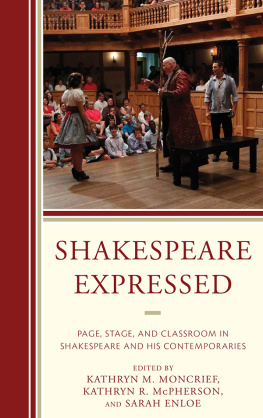

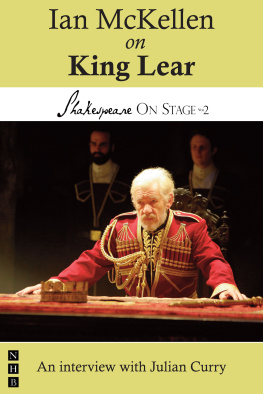
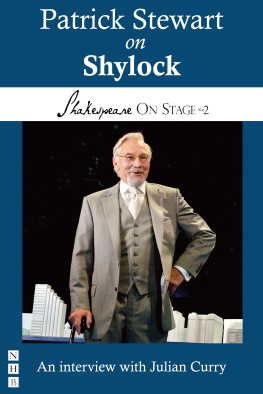
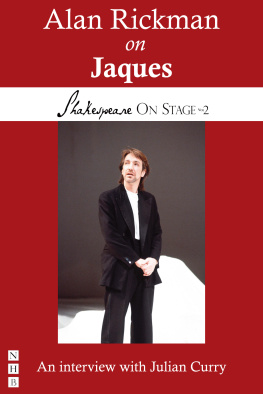

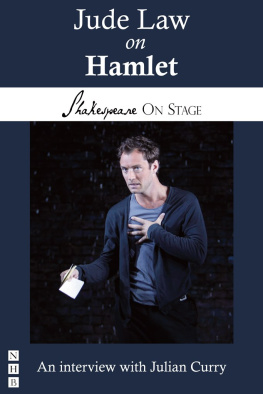
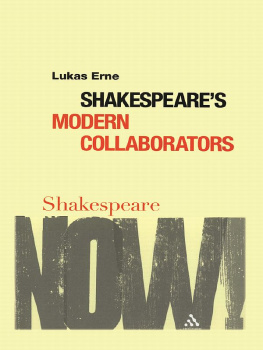
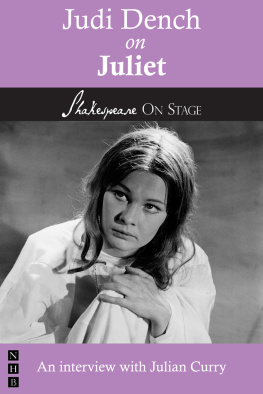
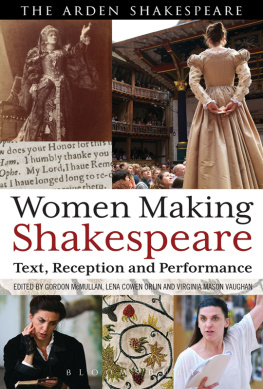

 The paper used in this publication meets the minimum requirements of
The paper used in this publication meets the minimum requirements of
